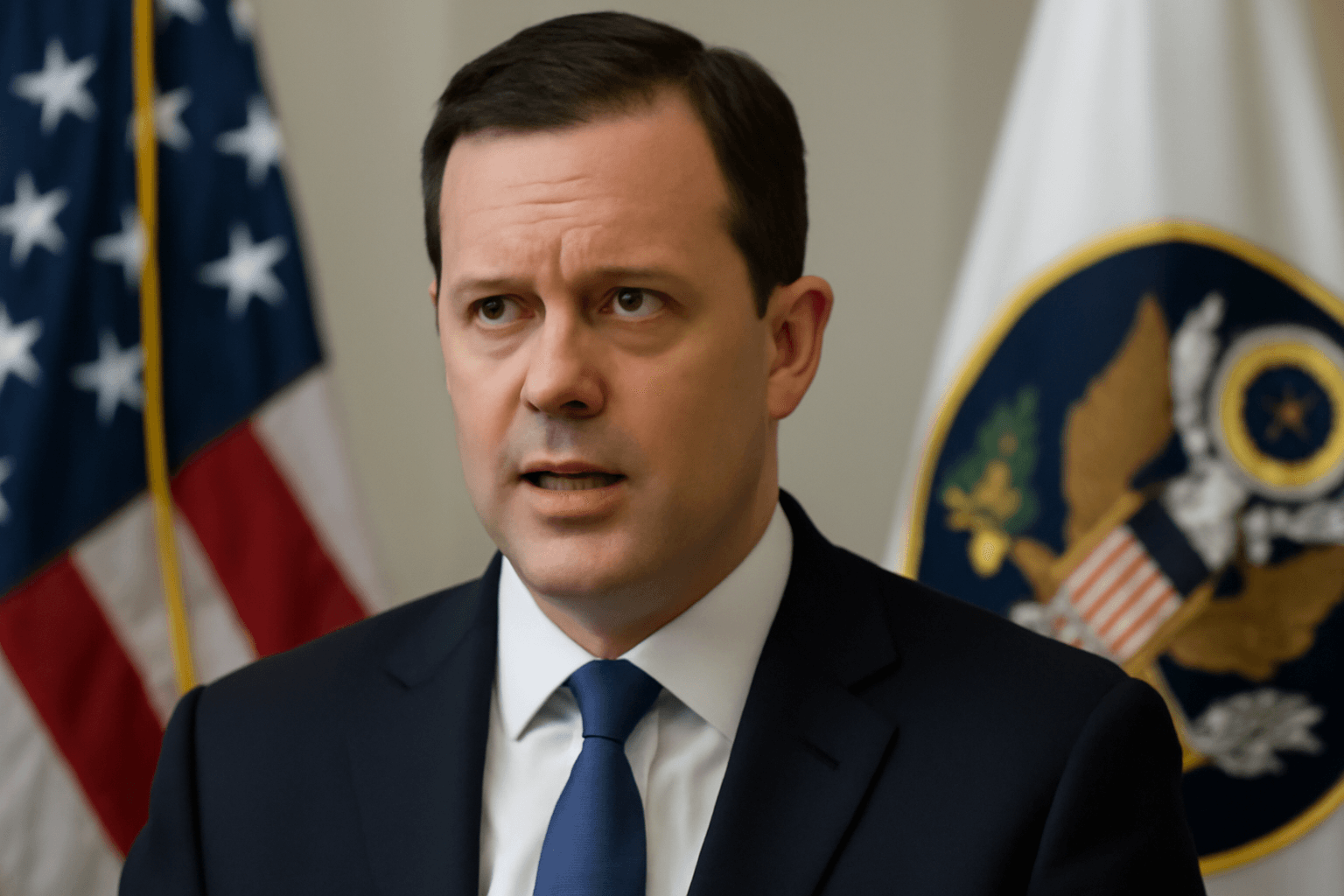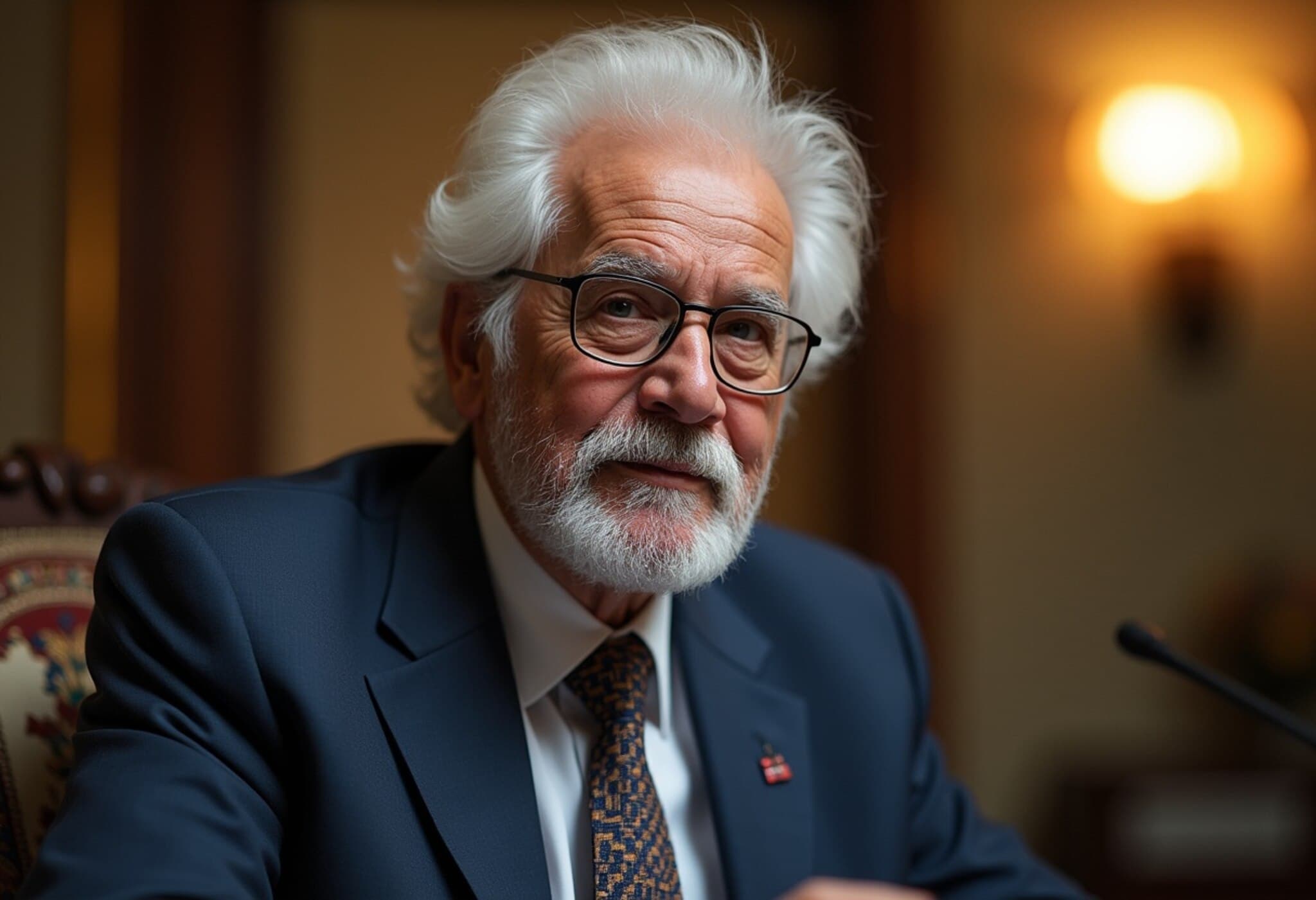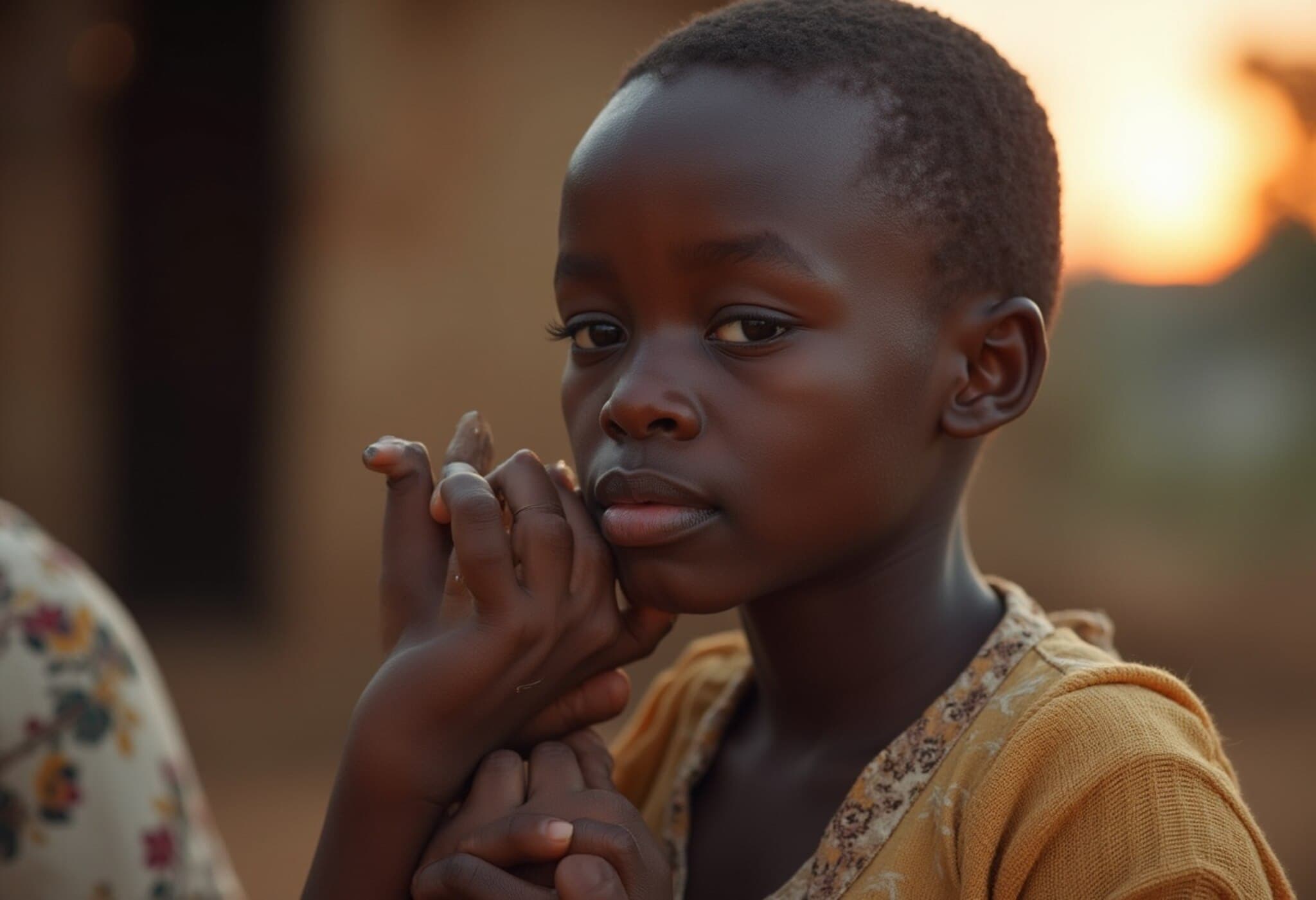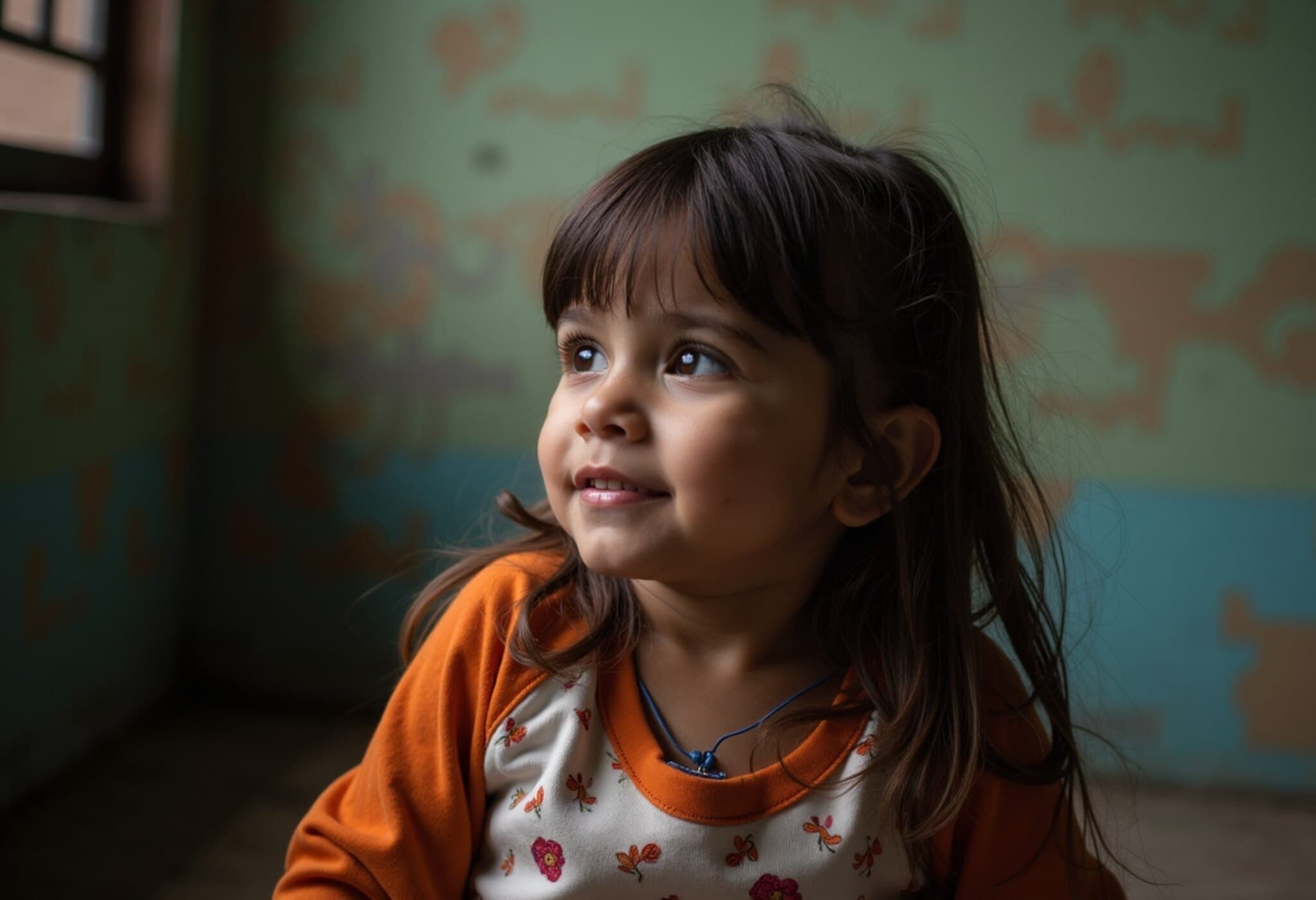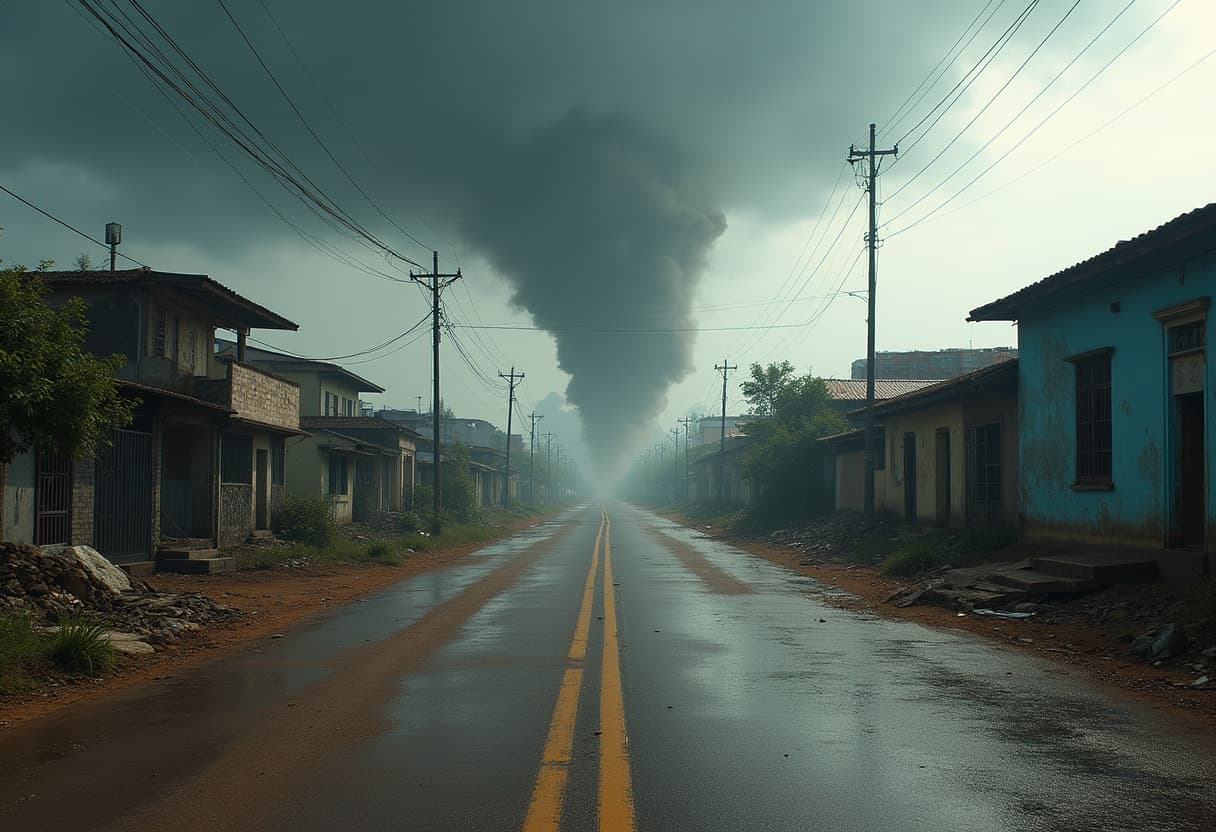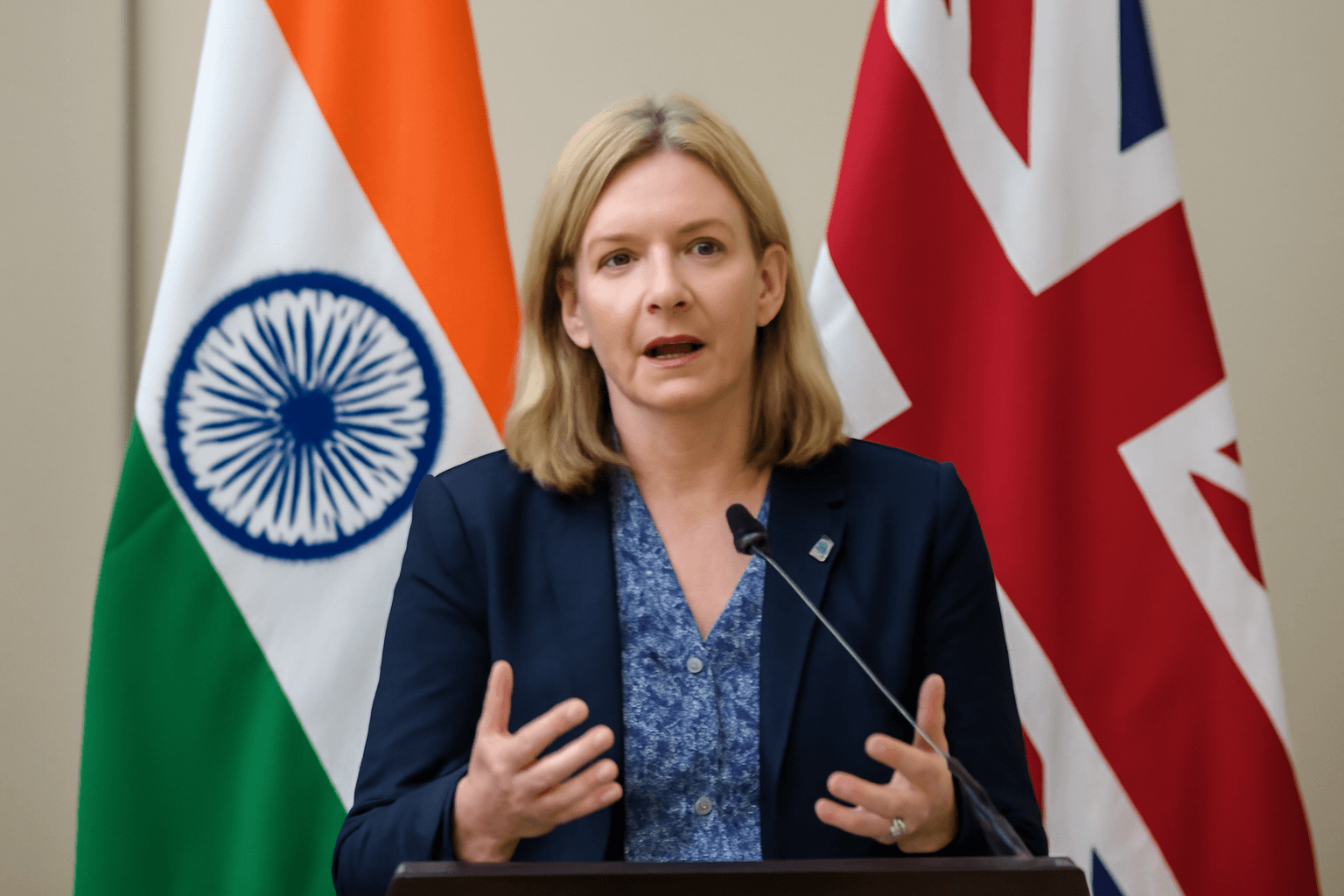Brazil Strengthens Social Media Safeguards Amid Child Protection Concerns
In a significant legislative move this week, Brazil's lower house approved a comprehensive bill aimed at enhancing protections for minors on digital platforms. The decision comes in the wake of a high-profile case involving a social media influencer accused of sexually exploiting children online, igniting public outcry and political debate across the country.
Key Provisions of the New Legislation
- Stricter Age Verification: Social media companies must implement robust, continuously updated mechanisms to verify users’ ages, rejecting self-declared data as unreliable.
- Parental Linkage: Accounts belonging to users under 16 years of age must be tied to their parents’ or guardians’ profiles, enhancing adult supervision.
- Mandatory Reporting: Platforms are obliged to report suspected cases of sexual exploitation or abuse of minors to Brazilian authorities promptly.
- Content Monitoring: Networks must actively monitor for harmful content intended to attract children and take appropriate restrictions based on their technical capabilities.
- Penalties for Non-Compliance: Companies violating these rules face hefty fines up to 50 million reais (approximately $9 million), as well as potential suspensions or even bans in cases of repeat offenses.
Political and Social Context
Brazil’s President Luiz Inacio Lula da Silva underscored the urgency of regulating big tech platforms during recent remarks, emphasizing that without such measures, “society will be under constant threat.” This pathway reflects Brazil’s growing assertiveness in holding digital giants accountable, particularly around vulnerable groups such as minors.
The bill’s passage, however, is not without controversy. Right-wing opposition parties have criticized the move as a form of government overreach, warning against possible censorship of online speech. This tension highlights the broader global challenge of balancing internet freedom with protecting users from harm.
Case Spotlight: The Hytalo Santos Investigation
The catalyst for this legislation was the arrest of Hytalo Santos, a once-popular influencer on Instagram who faced charges related to child sexual exploitation. Authorities allege that Santos disseminated content involving partially nude minors in provocative scenarios. His account has since been deactivated as investigations continue.
Brazil’s Pioneering Role in Digital Regulation
Brazil is rapidly becoming a global leader in social media oversight. Recent landmark decisions by the Supreme Court have placed increased responsibility on tech companies for user-generated content, including ordering suspensions for platforms like Rumble and temporary bans on X (formerly Twitter) for failing to comply with anti-disinformation rulings.
Earlier this year, government officials also called upon Meta to remove chatbot features from Instagram, Facebook, and WhatsApp after they detected children-mimicking bots deploying sexually suggestive language—highlighting the scope of challenges facing regulators worldwide.
Looking Ahead: Implications for Digital Freedom and Child Protection
This legislation marks a pivotal moment in Brazil’s approach to digital governance, aiming to safeguard minors without curtailing legitimate online expression. As the bill awaits Senate approval and presidential assent—expected to take effect within a year—industry stakeholders and civil rights advocates will be closely monitoring its implementation and enforcement.
Critical questions remain: How will platforms balance stringent age verification methods with privacy concerns? Will the law set a precedent for other countries tackling online child safety? And how might this influence the global discourse on managing Big Tech’s societal impact?
Editor’s Note
Brazil’s proactive stance on social media regulation to protect minors offers a nuanced template amid rapidly evolving online risks. This new legislation not only reflects heightened public sensitivity following disturbing exploitation cases but also illuminates the complex interplay between regulation, corporate accountability, and user rights. As technology advances, Brazil’s experience will undoubtedly contribute valuable insights to the ongoing global conversation about ensuring a safer digital future for young users.








